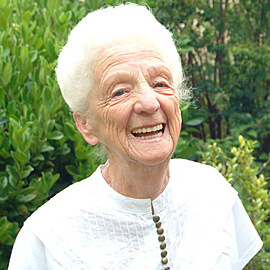The following letter appeared in the Sydney Morning Herald. It is good to see the residents are responding to a horror article.
No operator (to our knowledge) responded. Thank you Ken Hutchings for making the effort and presenting a balanced view.
Anna Molan (Letters, August 31) suggests that "anything that vaunts itself as a [retirement] village should be viewed with suspicion" and adds that movement to a village is likely to involve movement to something "that resembles a show-case fascist paradise rather than the pulsing, diverse life of an actual neighbourhood".
Personally, my experience is that the majority of the 33 retirement villages in the ACT come nowhere near such extreme description. A retirement village is a residential complex predominantly or exclusively occupied by retired individuals, who have entered into a contract with the operator of the complex, to occupy the premises or to receive services.
I have lived in a retirement village for the past eight years and found it to be a most caring environment where residents and staff work together as family ensuring that I can fully enjoy my declining years. I was encouraged to seek legal advice before signing my contract, and was fully aware of, and satisfied with, the financial arrangements involved.
In a small number of ACT villages there is conflict, where management are not fully complying with the provisions of the ACT Retirement Villages Act. In some such cases residents have been encouraged to make application to the ACT Civil and Administrative Tribunal seeking mediation/resolution.
Ken Hutchings, retiring president, ACT Retirement Villages Residents Association
This is part of Anna Molan’s letter in Canberra Times 30 August.
Your article "Call for land action to avoid seniors housing crisis" (August 27, p1) quotes the ACT Property Council's view that more land is needed for retirement villages. It seems to me that these villages are highly convenient for the mega-corporations that now operate them across Australia, but may provide less rosy returns for their residents than the advertising suggests.
Many older people may not want to live in a large family home any more, but whoever thought they would want to live in a community comprising only other older people? Anything that vaunts itself as a "village" should be viewed with suspicion. It is likely to resemble a showcase fascist paradise rather than the pulsing, diverse life of an actual neighbourhood. Where would you rather live?






